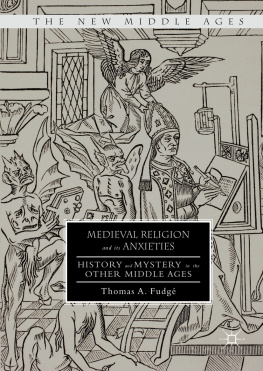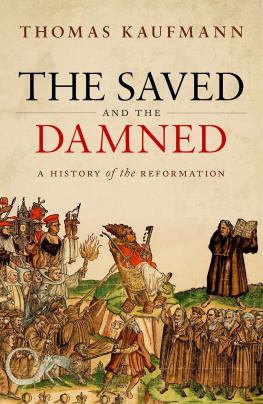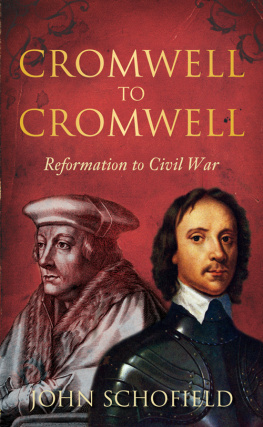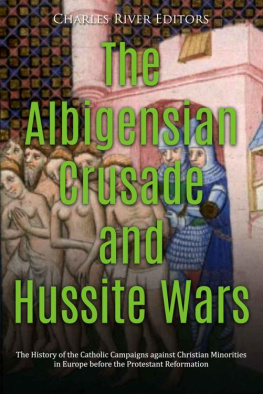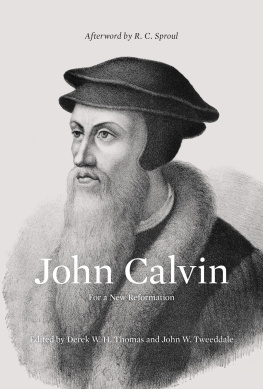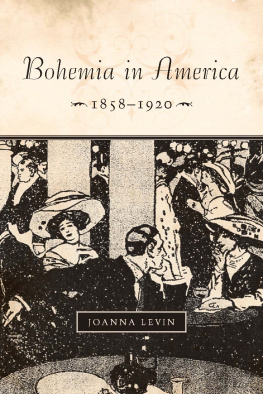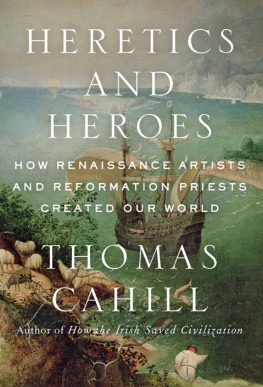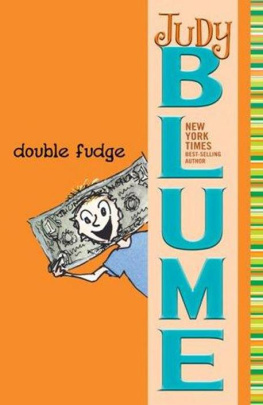The Magnificent Ride
St Andrews Studies in Reformation History
Editorial Board:
Bruce Gordon, Andrew Pettegree and John Guy, St Andrews Reformation Studies Institute, Amy Nelson Burnett, University of Nebraska at Lincoln, Euan Cameron, University of Newcastle upon Tyne and Kaspar von Greyerz, University of Basel
Titles in this series include:
The Shaping of a Community: The Rise and Reformation of the English Parish c. 14001560
Beat Kmin
Seminary or University? The Genevan Academy and Reformed Higher Education, 15601620
Karin Maag
Marian Protestantism: Six Studies
Andrew Pettegree
Protestant History and Identity in Sixteenth-Century Europe
(2 volumes) edited by Bruce Gordon
Antifraternalism and Anticlericalism in the German Reformation: Johann Eberlin von Gnzburg and the Campaign against the Friars
Geoffrey Dipple
Reformations Old and New: Essays on the Socio-Economic Impact of Religious Change c. 14701630
edited by Beat Kmin
Piety and the People: Religious Printing in French, 15111551
Francis M. Higman
The Reformation in Eastern and Central Europe
edited by Karin Maag
John Foxe and the English Reformation
edited by David Loades
The Reformation and the Book
Jean-Franois Gilmont, edited and translated by Karin Maag
First published 1998 by Ashgate Publishing
Published 2017 by Routledge
2 Park Square, Milton Park, Abingdon, Oxon OX14 4RN
711 Third Avenue, New York, NY 10017, USA
Routledge is an imprint of the Taylor & Francis Group, an informa business
Copyright Thomas A. Fudge, 1998
The author has asserted his moral right under the Copyright, Designs and Patents Act, 1988, to be identified as the author of this work.
All rights reserved. No part of this book may be reprinted or reproduced or utilised in any form or by any electronic, mechanical, or other means, now known or hereafter invented, including photocopying and recording, or in any information storage or retrieval system, without permission in writing from the publishers.
Notice:
Product or corporate names may be trademarks or registered trademarks, and are used only for identification and explanation without intent to infringe.
British Library Cataloguing in Publication Data
Fudge, Thomas A.
The Magnificent Ride: The First Reformation in Hussite
Bohemia. (St Andrews Studies in Reformation History)
1. Bohemia (Czech Republic)Historyto 1526.
I. Title.
943.702
ISBN 1-85928-372-1
Library of Congress Cataloging-in-Publication Data
Fudge, Thomas A.
The magnificent ride: the first reformation in Hussite Bohemia/Thomas A. Fudge.
p. cm. (St Andrews Studies in Reformation History)
Includes bibliographical references and index.
ISBN 1-85928-372-1 (hc)
1. Hussites. 2. Bohemia (Czech Republic)Church history.
I. Title. II. Series.
BX4915.2.F83 1998
284.3dc21
97-39853
CIP
Typeset in Sabon by Manton Typesetters, 57 Eastfield Road, Louth, Lincolnshire, LN11 7AJ
ISBN 13: 978-1-85928-372-1 (hbk)
Publishers Note
The publisher has gone to great lengths to ensure the quality of this book but points out that some imperfections from the original may be apparent.
Figures
Plates
Sigismund presiding over the execution of Roh and the Sin garrison
Source: Eberhard Windecke, Historia imperatoris Sigismundi germanica, Vienna, sterreichische Nationalbibliothek MS 13975 fol. 430r.
The Hussite wars
Source: Johannes Hartlieb, Liber de arte bellica germanicus, Vienna, sterreichische Nationalbibliothek MS 3062 fols 147v148r.
Laymen observe the soul of Jan Hus being taken into heaven
Source: Processus consistorialis Martyrii Io. Huss, Tbor, Regional Archives MS A-1809, p. 23.
Hus in the progress of reformation
Source: Berlin, Staatsbibliothek, Preuischer Kulturbesitz, Handschriftenabteilung YA 872.
Apotheosis of Jan Hus
Source: Litomice Gradule, Terezn, Regional Archives MS IV C 1 fol. 244v [deposited in Litomice, General Regional Museum].
Utraquist celebration of the eucharist
Source: Processus consistorialis Martyrii Io. Huss, Tbor, Regional Archives MS A-1809, p. 6.
Hussite warrior of the Tborite brotherhood
Source: Latin Bible, Tbor, Regional Archives MS 195.
Hussite battle anthem, Ye warriors of God
Source: Jistebnick kancionl (1420), Prague, National Museum Library MS II C 7, p. 88.
Antithesis of Christ and Antichrist
Source: Jena Codex, Prague, National Museum Library MS IV B 24 fols 34v35r.
Anti-monastic Hussite propaganda
Source: Jena Codex, Prague, National Museum Library MS IV B 24 fol. 77r.
Satan in a monks gown: the Hussite Antichrist
Source: Jena Codex, Prague, National Museum Library MS IV B 24 fol. 71v.
Final defeat of Rome and her accomplices
Source: Jena Codex, Prague, National Museum Library MS IV B 24 fol. 80r.
Hussite vision of heaven
Source: Jena Codex, Prague, National Museum Library MS IV B 24 fol. 5v.
Children as defenders of the Hussite faith
Source: Latin Gradule, Mad Boleslav, Regional Museum MS l/70a olim II A 1 fol. 200v.
We are as dwarfs standing on the shoulders of giants, so that although we perceive many more things than they, it is not because our vision is more piercing or our stature higher, but because we are carried and elevated to their gigantic stature. Bernard of Chartres, chancellor of a cathedral school in Gaul, used to say these words to his students in the twelfth century. They apply well to my study of Hussite history. The previous work of Frantiek M. Barto, Matthew Spinka, Frederick G. Heymann, Amedeo Molnr, Howard Kaminsky, and Frantiek mahel has been vital to my research. Without their scholarly contributions my own work would be greatly impoverished. While I have not always acquiesced in their conclusions, I have been consistently instructed by their acumen.
The work behind this book has spanned seven years and a dozen countries. My inventory of indebtedness has in that context become vast. While holding the Elizabeth Iliff Warren Research Fellowship from the Iliff School of Theology in Denver, Colorado, from 1990 to 1992, I was able to undertake preliminary work at Cambridge. Several research grants from the University of Cambridge facilitated further research in a number of central European archives. During that time Bob Scribner, my doktor vater at Cambridge, sharpened my thinking on the crucial issues of late medieval European history. His probing questions, methodological rigour and insistence on excellence, forced me ever and again to return to the sources armed with the challenges of his own scholarly erudition. , in particular, owes much to his influence.


